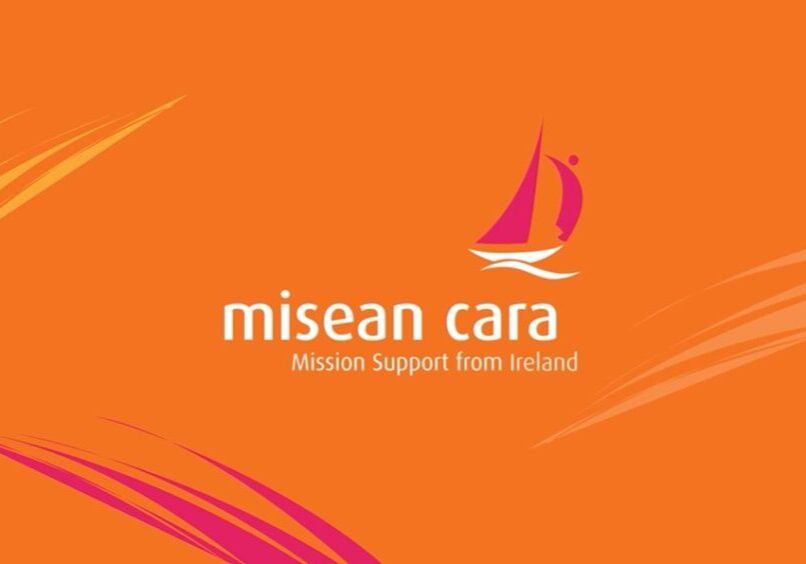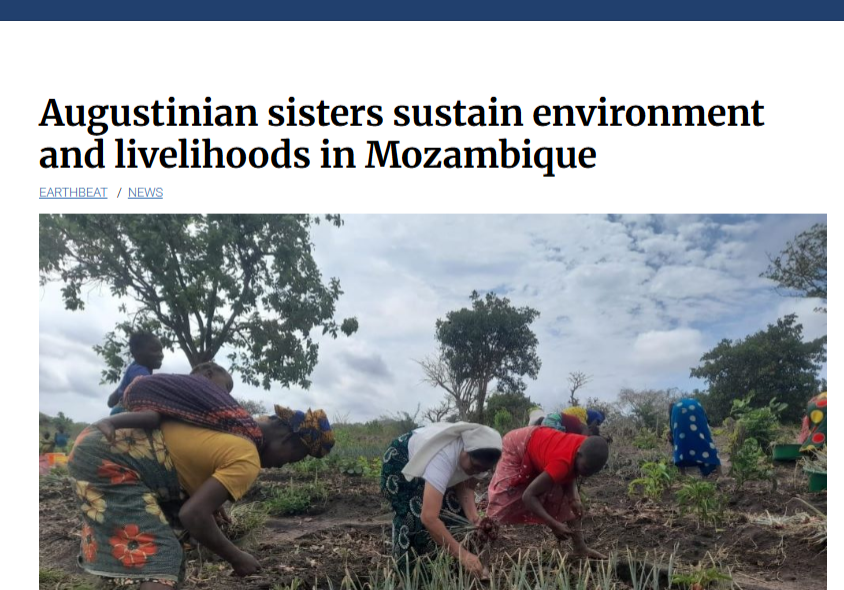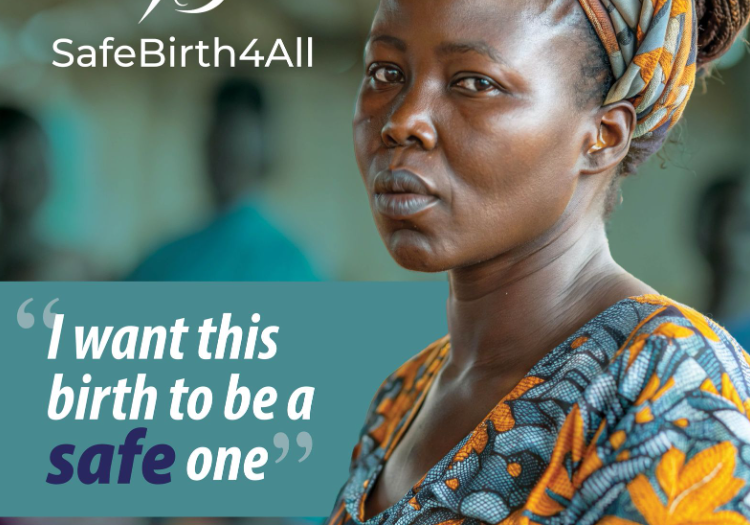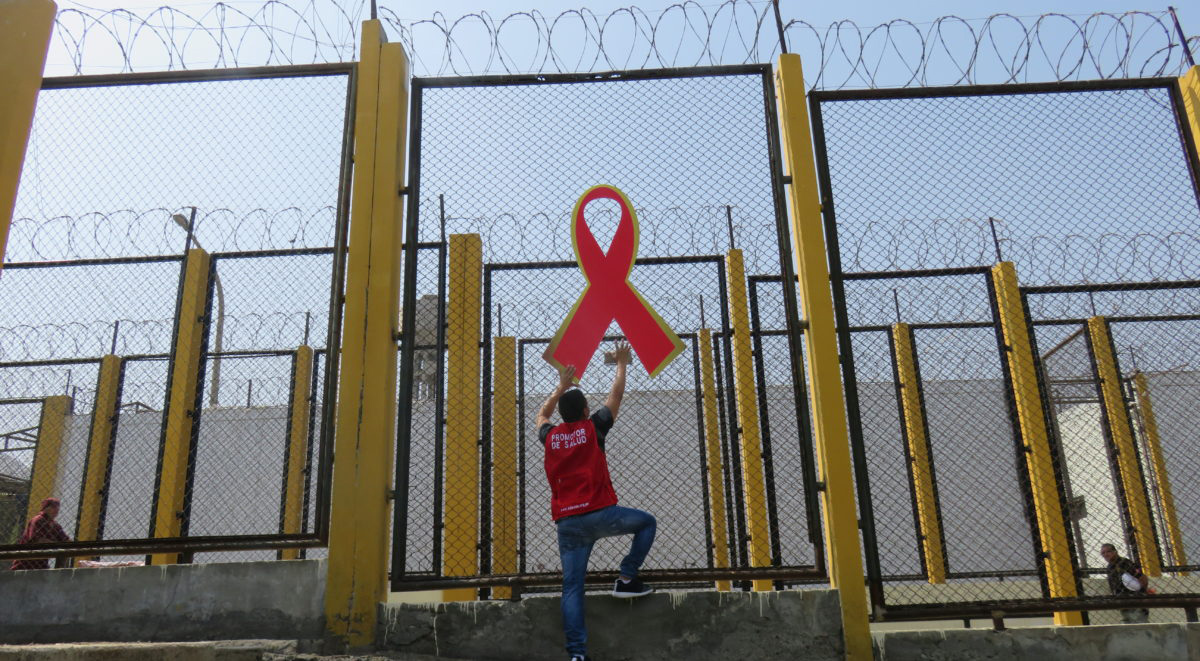
For World AIDS Day 2020, Misean Cara Project Officer Eamonn Casey (Human Rights & Policy) examines the critical lessons that can be learned from the HIV/AIDS epidemic to ensure a rights-based approach to managing the COVID-19 pandemic.
As the COVID-19 pandemic and related lockdowns continue to result in multiple, intersecting crises around the world (health, economic, educational, gender-based violence, human rights), different voices caution that we have to learn past lessons from the HIV and AIDS epidemic.
Health organisations have warned that HIV prevention and treatment services may be at risk of disruption by Coronavirus restrictions, with particular dangers in Sub-Saharan Africa, and that the HIV epidemic (and other health priorities) must not be forgotten in the clamour to address COVID-19.
The Royal College of Surgeons in Ireland has issued a dire warning that “Interruption to Antiretroviral Treatment during high health system demands, such as those presented by COVID-19, may lead to a 10% rise in HIV deaths over 5 years”.
In addition, the experience of responses during the HIV/AIDS crisis was that violations of human rights during a pandemic can also damage trust, harm individuals, and undermine public health responses. Yet the UNAIDS organisation reports numerous interruptions to HIV services and also disturbing human rights violations against vulnerable and marginalized populations relating to the COVID-19 response.
Its research captures evidence that public health orders and restrictions on movement have brought life-threatening disruptions to health and social services, together with an increase in rates of violence, abuse and discriminatory targeting of marginalized groups.
Another major concern is safety during lockdowns, particularly for people most affected by HIV – including women and girls, children and what UNAIDS describes as key populations: sex workers, lesbian, gay, bisexual, transgender and intersex people.
In many countries, reported incidents of Gender-Based Violence (GBV) increased by 40% to 70%, with even greater spikes in certain cities and regions. Violence against key populations, including women and girls, is known to increase vulnerability to HIV infection.
“It is a myth that there can be a trade-off between human rights and public health,” said Winnie Byanyima, Executive Director of UNAIDS. “Human rights are not only intrinsic, but they are also the very means by which governments can successfully beat a pandemic.” (Lessons learned from the HIV response (27th August 2020) UNAIDS website/Press Release)
The UN publication ‘Rights in a pandemic’ outlines ten immediate areas for action for building effective, rights-based COVID-19 responses. These include governments taking proactive measures to ensure that people, particularly in vulnerable groups, can access HIV treatment and prevention services; designating and supporting essential workers, including community-led organizations; and implementing measures to prevent and address GBV.
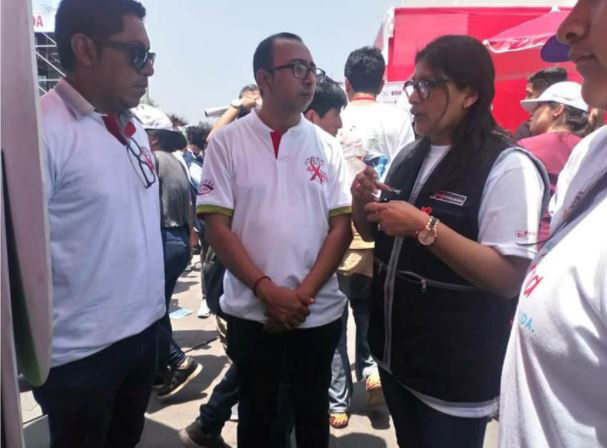
Governments can also build on examples of good practice during the Coronavirus pandemic, such as: inclusion of civil society groups in planning and response; dispensing antiretroviral medications (ARV)s and other essential medicines in multi-month allotments; provision of free transport for essential health workers; moratoriums on evictions during the pandemic (as household incomes are hit); food and temporary shelter services to vulnerable populations; and reduction of prison populations to minimise risks due to overcrowding.
The UN has called for governments to engage in dialogue with partners, civil society groups and communities to protect human rights in the midst of pandemic-related controls, as well as in planned exits from emergency measures.
Of course, there are lessons for faith groups and NGOs as well, including that we: ensure meaningful engagement with and participation of affected people and groups; actively pursue non-discrimination, equality and empowerment – including by tackling stigma; and make special efforts to reach the most vulnerable and ‘Leave No One Behind’.
In addition, we should work to dismantle (or at least reduce) barriers to people protecting their own health; support and protect health care workers – including community volunteers; and share experience, learning and resources for enhanced effectiveness.
Meanwhile, human rights organisations have noted their role in monitoring any discriminatory effects of pandemic-control measures, highlighting excess policies or practice, and bringing checks and balances to bear to ensure proportionality and public accountability.
Top photo: A prison inmate in Peru trained as a volunteer to educate other inmates on HIV awareness, prevention and living with HIV/AIDS as part of the Si, Da Vida HIV/AIDS project of the Columban Fathers . Credit: Si, Da Vida.
